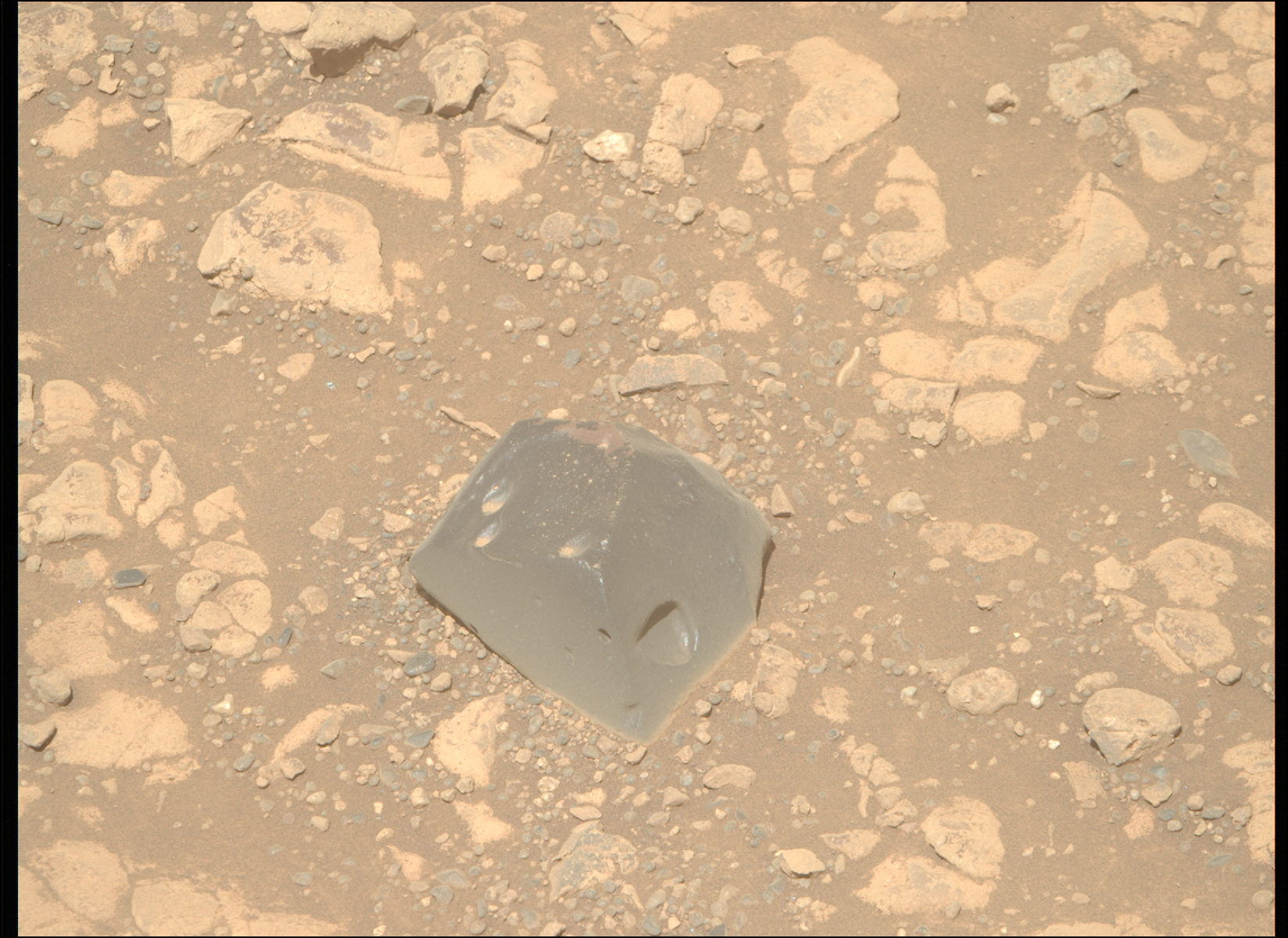Now Reading: NASA found a rock on Mars and has no idea where it came from
-
01
NASA found a rock on Mars and has no idea where it came from
NASA found a rock on Mars and has no idea where it came from

NASA’s Perseverance rover recently spotted something strange while exploring the dusty slopes of Jezero Crater on Mars. The rover used one of its cameras to snap a photo of the dark, angular rock, which stands out so sharply from its surroundings, and scientists aren’t sure what to make of it.
Dubbed Skull Hill, this jagged rock has become the latest Martian mystery, and researchers are racing to figure out where it came from. Perseverance encountered the rock while rolling through an area called Port Anson, located on the lower slopes of Witch Hazel Hill.
The site is a geological boundary, a so-called “contact” zone where light and dark outcrops meet and are even visible from orbit. As the rover captured images and data along its route, this peculiar rock instantly caught the team’s attention.
Unlike the surrounding pale, weathered terrain, Skull Hill is a dark-toned, sharply defined float rock. That means it didn’t form where it currently sits—it likely came from somewhere else on Mars and was carried by natural forces like impacts or ancient flows. Its surface features several pits and possibly embedded spherules, making it even more intriguing.
Tech. Entertainment. Science. Your inbox.
Sign up for the most interesting tech & entertainment news out there.
By signing up, I agree to the Terms of Use and have reviewed the Privacy Notice.
 Image source: NASA/JPL-Caltech/ASU
Image source: NASA/JPL-Caltech/ASUSo, what exactly is it?
Well, at first glance, Skull Hill bears a resemblance to meteorites that Curiosity, NASA’s other rover, has found in different regions of Mars. Some meteorites are rich in iron and nickel, giving them a distinctive dark sheen and density. However, early chemical readings from Perseverance’s SuperCam don’t quite support that theory, as its composition appears different from the iron-heavy space rocks previously found.
Another possibility is that the rock is igneous and formed from volcanic activity. Mars has a long history of volcanism, and igneous rocks can range in tone depending on their mineral content.























